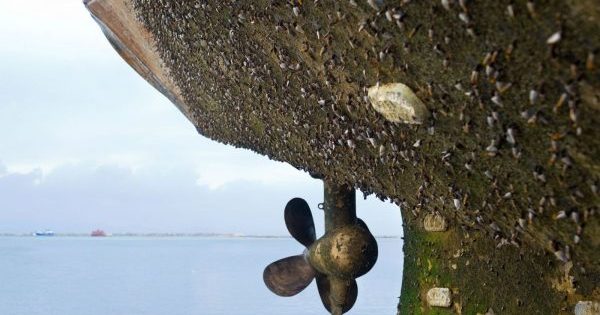 New Zealand has become the first country in the world to roll out nationwide biofouling rules to stop dirty vessels from contaminating our waters, says Minister of Biosecurity Damien O’Connor.
New Zealand has become the first country in the world to roll out nationwide biofouling rules to stop dirty vessels from contaminating our waters, says Minister of Biosecurity Damien O’Connor.
The new rules came into force yesterday to better protect New Zealand’s unique marine environment and other vital industries from biosecurity risk.
About 90 per cent of non-indigenous marine species in New Zealand, such as Mediterranean fanworm, Japanese kelp and Australian droplet tunicate, arrived on international vessels, Mr O’Connor said.
These incursions harm our aquaculture industries, fisheries and native marine ecosystems.
Under the new biofouling rules, operators must prove they’ve taken appropriate steps to ensure international vessels arrive with a clean hull.
Biosecurity New Zealand officers will take a hard line on vessels that can’t provide evidence they meet the rules, Mr O’Connor said.
Divers will carry out inspections of hulls.
Officers will also have the power to direct vessels for cleaning and order the vessel to leave New Zealand if the fouling is severe.
Vessel operators will meet the costs of any compliance order.
“The shipping industry has had four years to prepare for the changes and ignorance of the new requirements will not be accepted,” Mr O’Connor said.
“The definition of a clean hull will depend on vessel type and its itinerary.
“For example, the rules are stricter for vessels that are staying in New Zealand for a long time with the intention of visiting a range of ports.”
The Minister is urging all international vessel operators to make sure they know the rules before they arrive in New Zealand.
Source: Minister of Biosecurity












